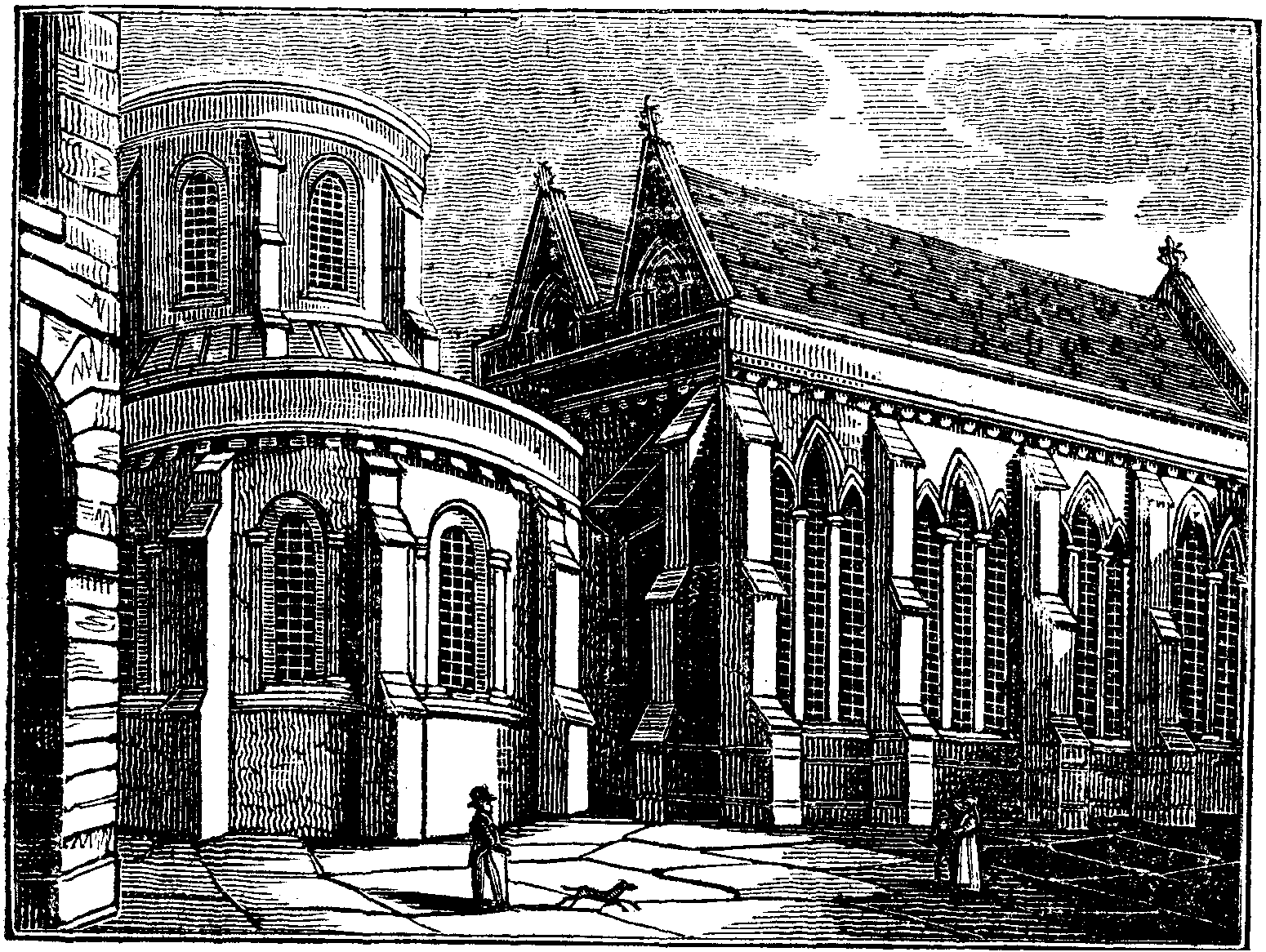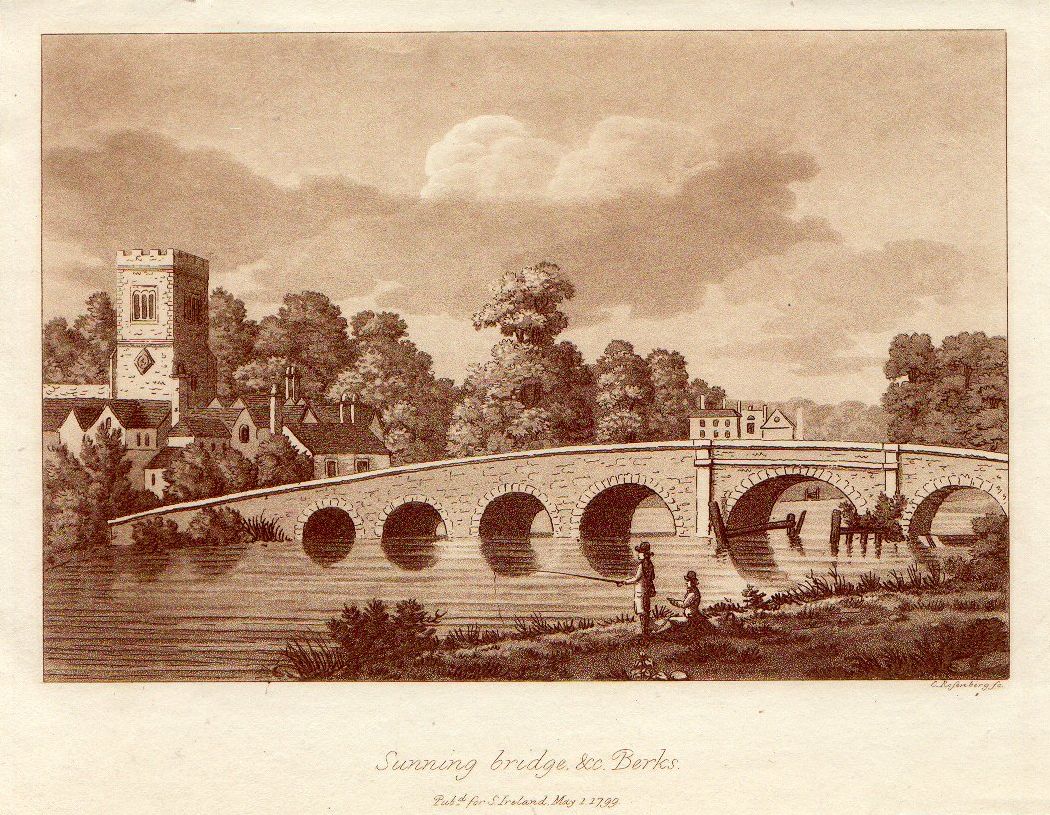|
Ralph Brownrig
Ralph Brownrigg or Brownrig (1592–1659) was bishop of Exeter from 1642 to 1646. He spent that time largely in exile from his see, which he perhaps never visited. He did find a position there for Seth Ward. He was both a Royalist in politics, and a Calvinist in religion,''...a conforming Puritan in close theological agreement with the now dominant faction'' an unusual combination of the period. Brownrigg opposed Laudianism in Cambridge during the 1630s and at the Short Parliament Convocation of 1640. Nominated to the Westminster Assembly, he apparently took no part in it. Life He studied at Ipswich and Pembroke Hall, Cambridge. He was awarded an M.A. in 1614 and a D.D. in 1626. He was Rector of St Margaret of Antioch, Barley, Hertfordshire, in 1621. He was Master of St Catharine's College, Cambridge, and Vice-Chancellor of the University of Cambridge, but in 1646 was ejected from both these positions, by the Parliamentary government. He was also deprived of his See by Parli ... [...More Info...] [...Related Items...] OR: [Wikipedia] [Google] [Baidu] |
Bishop Of Exeter
The Bishop of Exeter is the ordinary of the Church of England Diocese of Exeter in the Province of Canterbury. Since 30 April 2014 the ordinary has been Robert Atwell.Diocese of Exeter – Election of new Bishop of Exeter formally confirmed (Accessed 9 May 2014) From the first until the sixteenth century the Bishops of were in with the |
Westminster Divines
The members of the Westminster Assembly of Divines, sometimes known collectively as the Westminster Divines, are those clergymen who participated in the Assembly that drafted the Westminster Confession of Faith. The Long Parliament's initial ordinance creating the Westminster Assembly appointed 121 ministers of the Church of England to the Assembly, as well as providing for participation on the part of 30 lay assessors (10 nobles and 20 commoners), as well as six Commissioners representing the Church of Scotland. Of the original 121 divines, approximately 25 never took their seats in the Assembly. The Parliament subsequently added 21 additional ministers to the Assembly (the additions being known to history as the Superadded Divines) to replace those ministers who did not attend, or who had died or become ill since the calling of the Assembly. ''Note:'' In the list below, members of the Assembly without dates beside their names are mainly Royalists who did not take their seats ... [...More Info...] [...Related Items...] OR: [Wikipedia] [Google] [Baidu] |
Bishops Of Exeter
A bishop is an ordained clergy member who is entrusted with a position of authority and oversight in a religious institution. In Christianity, bishops are normally responsible for the governance of dioceses. The role or office of bishop is called episcopacy. Organizationally, several Christian denominations utilize ecclesiastical structures that call for the position of bishops, while other denominations have dispensed with this office, seeing it as a symbol of power. Bishops have also exercised political authority. Traditionally, bishops claim apostolic succession, a direct historical lineage dating back to the original Twelve Apostles or Saint Paul. The bishops are by doctrine understood as those who possess the full priesthood given by Jesus Christ, and therefore may ordain other clergy, including other bishops. A person ordained as a deacon, priest (i.e. presbyter), and then bishop is understood to hold the fullness of the ministerial priesthood, given responsibility by ... [...More Info...] [...Related Items...] OR: [Wikipedia] [Google] [Baidu] |
1659 Deaths
Events January–March * January 14 – In the Battle of the Lines of Elvas, fought near the small city of Elvas in Portugal during the Portuguese Restoration War, the Spanish Army under the command of Luis Méndez de Haro suffers heavy casualties, with over 11,000 of its nearly 16,000 soldiers killed, wounded or taken prisoner; the smaller Portuguese force of 10,500 troops, commanded by André de Albuquerque Ribafria (who is killed in the battle) suffers less than 900 casualties. * January 24 – Pierre Corneille's ''Oedipe'' premieres in Paris. * January 27 – The third and final session of the Parliament of the Commonwealth of England, Scotland and Ireland is opened by Lord Protector Richard Cromwell, with Chaloner Chute as the Speaker of the House of Commons, with 567 members. "Cromwell's Other House", which replaced the House of Lords during the last years of the Protectorate, opens on the same day, with Richard Cromwell as its speaker. * Ja ... [...More Info...] [...Related Items...] OR: [Wikipedia] [Google] [Baidu] |
1592 Births
Year 159 ( CLIX) was a common year starting on Sunday (link will display the full calendar) of the Julian calendar. At the time in Roman territories, it was known as the Year of the Consulship of Quintillus and Priscus (or, less frequently, year 912 ''Ab urbe condita''). The denomination 159 for this year has been used since the early medieval period, when the Anno Domini calendar era became the prevalent method in Europe for naming years. Events By place India * In India, the reign of Shivashri Satakarni, as King Satavahana of Andhra, begins. Births * December 30 – Lady Bian, wife of Cao Cao (d. 230) * Annia Aurelia Fadilla, daughter of Marcus Aurelius * Gordian I, Roman emperor (d. 238) * Lu Zhi, Chinese general (d. 192) Deaths * Liang Ji, Chinese general and regent * Liang Nüying Liang Nüying () (died 159), formally Empress Yixian (懿獻皇后, literally "the meek and wise empress") was an empress during Han Dynasty. She was Emperor Huan's first w ... [...More Info...] [...Related Items...] OR: [Wikipedia] [Google] [Baidu] |
William Spurstow
William Spurstowe (Spurstow) (c. 1605–1666) was an English clergyman, theologian, and member of the Westminster Assembly. He was one of the Smectymnuus group of Presbyterian clergy, supplying the final WS (read as UUS) of the acronym. Life His father William Spurstow was a mercer in London. The son studied at Emmanuel College, Cambridge. He became a Fellow of St. Katherine's Hall College, Cambridge in 1638, during the Mastership of Ralph Brownrigg, and succeeded as Master in 1645. At the time it was strongly Puritan in tone, with John Arrowsmith, John Bond, Thomas Goodwin, Andrew Perne and William Strong as other Fellows. In the late 1630s he was an associate of John Hampden, and in 1638 he became vicar of Great Hampden. Later he was chaplain to Hampden's troops. He became vicar of Hackney in 1643, and was made Master of his college. He was deprived of the mastership, in 1650. After the Restoration, he was consulted on the ''Declaration of Indulgence''. He was ejec ... [...More Info...] [...Related Items...] OR: [Wikipedia] [Google] [Baidu] |
Richard Sibbes
Richard Sibbes (or Sibbs) (1577–1635) was an Anglican theologian. He is known as a Biblical exegete, and as a representative, with William Perkins and John Preston, of what has been called "main-line" Puritanism because he always remained in the Church of England and worshiped according to the Book of Common Prayer. Life He was born in Tostock, Suffolk, where his father was a wheelwright; other sources say Sudbury. After attending Bury St Edmunds Grammar School, he attended St John's College, Cambridge from 1595. He was lecturer at Holy Trinity Church, Cambridge, from 1610 or 1611 to 1615 or 1616. It was erroneously held by 18th and 19th century scholars that Sibbes was deprived of his various academic posts on account of his Puritanism. In fact he was never deprived of any of his posts, due to his ingenuity of the system. He was then preacher at Gray's Inn, London, from 1617, returning to Cambridge as Master of Catherine Hall in 1626, without giving up the London position. ... [...More Info...] [...Related Items...] OR: [Wikipedia] [Google] [Baidu] |
Project Canterbury
Project Canterbury (sometimes abbreviated as PC) is an online archive of material related to the history of Anglicanism. It was founded by Richard Mammana, Jr. in 1999 with a grant from Episcopal Church Presiding Bishop Frank T. Griswold, and is hosted by the non-profit Society of Archbishop Justus. The episcopal patron of the site is Terry Brown, retired bishop of Malaita in the Church of the Province of Melanesia; Geoffrey Rowell Bishop of Gibraltar in Europe The Bishop of Gibraltar in Europe, commonly known as the Bishop in Europe, is the ordinary of the Church of England's Diocese in Europe in the Province of Canterbury. Overview The diocese provides the ministry of Anglican chaplains, not only ... had served in this capacity from 1999 until his death. Volunteer transcribers prepare material for the site, which incorporates modern scholarly material, primary source texts, photographic images and engravings. Imprint Since 2018, Project Canterbury is also an imprint o ... [...More Info...] [...Related Items...] OR: [Wikipedia] [Google] [Baidu] |
Temple Church
The Temple Church is a Royal peculiar church in the City of London located between Fleet Street and the River Thames, built by the Knights Templar as their English headquarters. It was consecrated on 10 February 1185 by Patriarch Heraclius of Jerusalem. During the reign of King John (1199–1216) it served as the royal treasury, supported by the role of the Knights Templar as proto-international bankers. It is now jointly owned by the Inner Temple and Middle Temple Inns of Court, bases of the English legal profession. It is famous for being a round church, a common design feature for Knights Templar churches, and for its 13th- and 14th-century stone effigies. It was heavily damaged by German bombing during World War II and has since been greatly restored and rebuilt. The area around the Temple Church is known as the Temple. Temple Bar, an ornamental processional gateway, formerly stood in the middle of Fleet Street. Nearby is Temple Underground station. History Const ... [...More Info...] [...Related Items...] OR: [Wikipedia] [Google] [Baidu] |
Sonning
Sonning is a village and civil parish in Berkshire, England, on the River Thames, east of Reading. The village was described by Jerome K. Jerome in his book '' Three Men in a Boat'' as "the most fairy-like little nook on the whole river". Geography The parish of Sonning originally included Charvil, Woodley and Earley and, before the formation of civil parishes in 1866, was a cross-county-boundary parish containing Sonning Eye, Dunsden Green and Playhatch in Oxfordshire as well. It is now much smaller and triangular shaped. The ecclesiastical parish of Sonning continues to include Sonning, Charvil and Sonning Eye. The northwestern boundary is formed by the River Thames before passing through the middle of the Thames Valley Park. The southern border follows the railway line. The northeastern boundary travels over Charvil Hill and follows the edge of the housing at Charvil itself until it reaches the confluence of St Patrick's Stream with the Thames, near St Patrick's Bridge ... [...More Info...] [...Related Items...] OR: [Wikipedia] [Google] [Baidu] |
Sir Thomas Rich, 1st Baronet
Sir Thomas Rich, 1st Baronet (c. 1601 – 15 October 1667) was an English merchant and politician who sat in House of Commons in 1660. He established Sir Thomas Rich's School, a grammar school. Sir Thomas Rich's School, Gloucester Rich was born in , son of Thomas Rich, an alderman of the city, and Anne, daughter of Thomas Machin, in 1601. He was sent to school in and went on to study ... [...More Info...] [...Related Items...] OR: [Wikipedia] [Google] [Baidu] |




